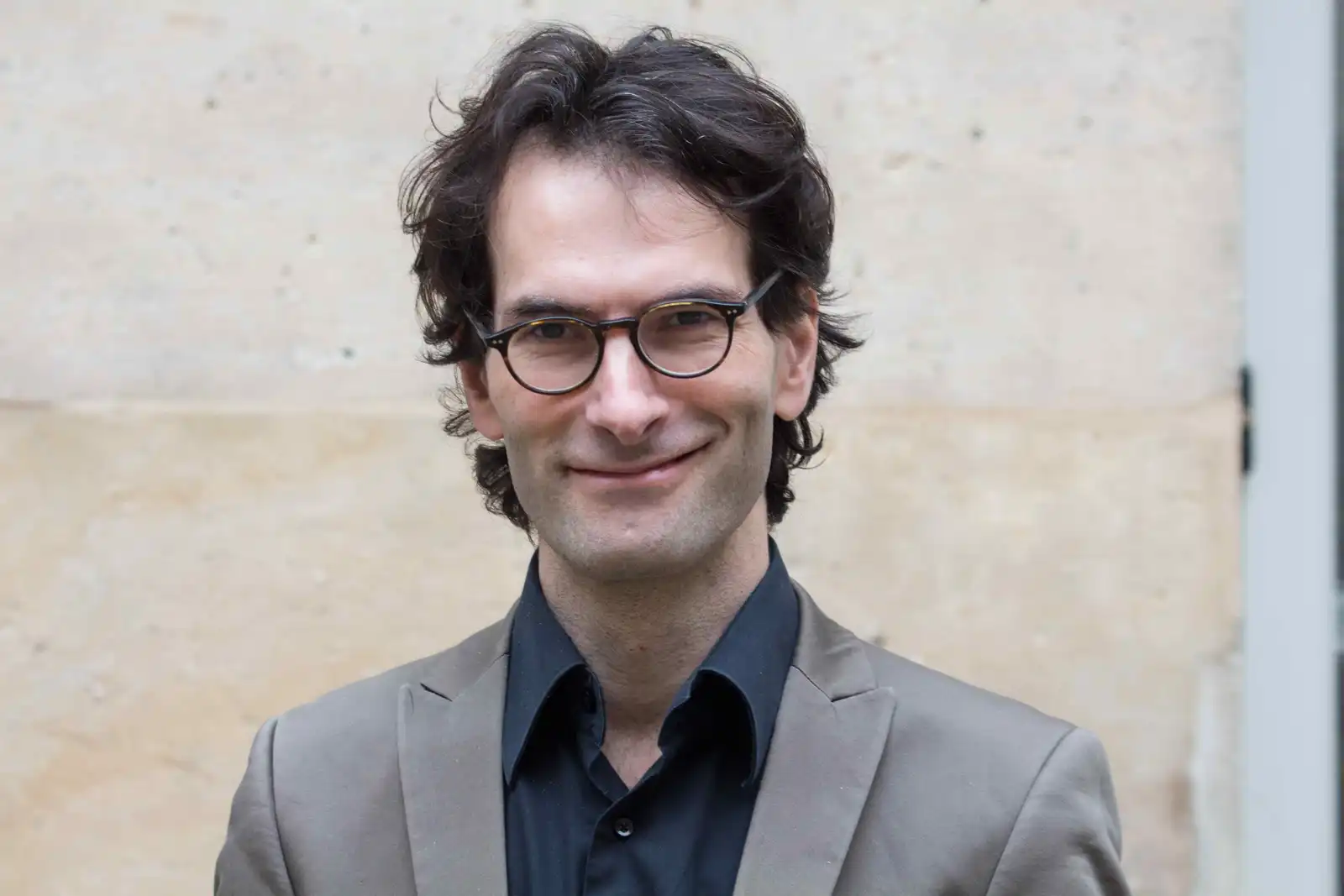
Home>About us>Director’s Research Group
Director’s Research Group
Research Group: Financialization, Transformation of Labor Markets, and Growing Inequality
Olivier Godechot

Financialization fuels instability not only through its regular crises but also by dramatically increasing top wages. As a consequence of the increased activity in financial markets, income inequality boomed and social cohesion plummeted in market societies in the two last decades.
In the following years this research group will investigate some of the core mechanisms in the labor market which feed this trend both within finance and beyond. It will focus more specifically on the local interactions, the social networks and the social norms favoring and legitimizing the hoarding of high wages by a minority.
- Increasing inequalities might also come along with increased social separatism. Assortative matching in recruitment, reorganization of work, out-sourcing and concentration of specialized economic activities in devoted areas lead to decrease the probabilities of interactions between different social groups. Top earners are less likely to work in the same team, department, building, and firm as mid- or bottom-earners. They might therefore live in different districts or even region. Growing social separatism could also transform the norms in pay and fuel in return the inequality spiral. Hence, top earners are less prone to take into account low earners' claims on the wage bill, when they are interacting less with them.
- The last strand of research focuses on "team moves" phenomenon (i.e. when people from one firm move as a group to another firm). It is common not only in finance where it enables a "hold-up" type of rent extraction but more generally in other sectors of the immaterial economy (such as law firms), where the borders of the firms are not well guarded and immaterial assets are easier to move. Team moves are also labor market examples of the fission-fusion mechanisms studied by political anthropologists and ethology. It might share grounds with political party scissions, religious schisms, and splits in academic and artistic movements. A comparative study will therefore document the mechanisms at the core of team moves and fissions and will focus on the nature of the leaders' leadership and the ties linking them to their followers, as well as the ties linking followers with one another.
